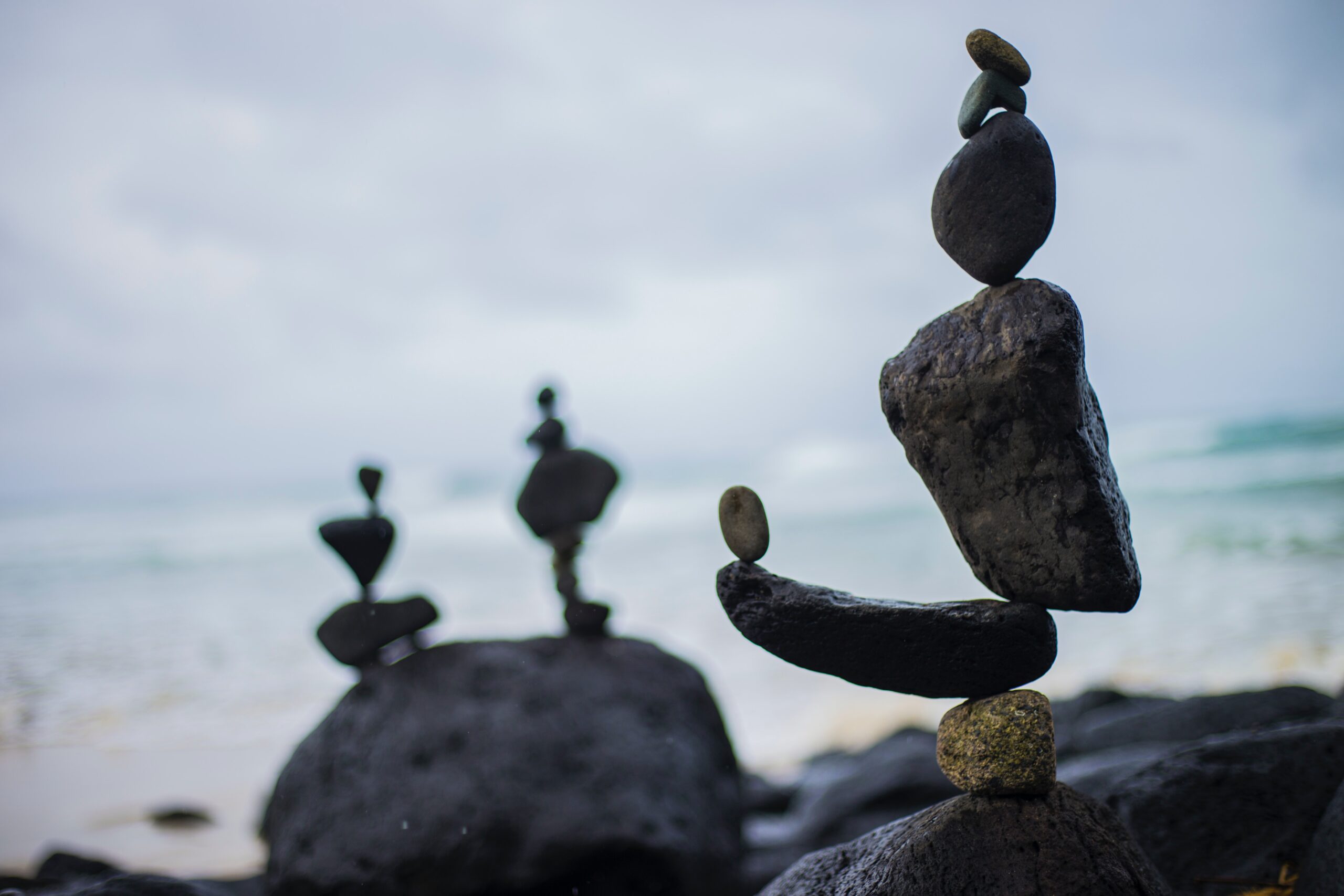
Purpose is the first of three intrinsic motivators. It is also the cornerstone of all of our actions. The first key idea is that you don’t discover your purpose, you decide it. What does that mean?
Deciding your purpose means taking an active role in defining what is meaningful to you and what you want to achieve in life. It’s not something that will magically reveal itself to you one day, but rather a process of self-reflection and exploration.
Throughout history, many great thinkers and leaders have emphasized the importance of purpose in our lives. Aristotle believed that the ultimate goal of human existence was to achieve eudaimonia or a state of happiness and fulfillment. Meanwhile, Viktor Frankl, a holocaust survivor and renowned psychiatrist, argued that finding meaning in life was essential to our psychological well-being.
The concept of purpose and destiny has been debated by philosophers, theologians, and scientists for centuries. Aristotle believed in the concept of telos, or purpose, as a fundamental aspect of human existence. Nietzsche argued that individuals must create their own purpose in a world without inherent meaning.
More recently, positive psychology has emphasized the importance of having a sense of purpose in life for overall well-being. The idea of shaping one’s own destiny through decision-making has also been a recurring theme in literature and popular culture. From Shakespeare’s famous line “To be, or not to be” to the iconic film The Matrix, the power of choice and decision-making has been explored and celebrated. By deciding on our purpose, we can take control of our lives and shape our own destiny.
Throughout history, great leaders have recognized that assuming more responsibility comes with greater power to fulfill that responsibility. From Julius Caesar to George Washington and beyond, leaders have understood the importance of setting a clear direction and purpose for themselves and those they lead.
Whether it was Caesar’s determination to expand the Roman Empire or Washington’s vision of a united and independent America, these leaders knew that their ultimate responsibility was to chart a course toward a better future.
As we continue to navigate the challenges of the modern world, this same principle remains just as relevant. By deciding why we are here and where we are going, we can become effective and influential leaders who make a positive impact on the world.
One of the greatest challenges for new leaders is understanding the weight of responsibility that comes with their position. In times past, leaders could often rely on top cover and excuses to justify their actions or inaction.
However, as history has shown us, true leadership involves taking charge and owning both the successes and failures of your team. This means that as a leader, every decision you make and every action your team takes is ultimately your responsibility.
While this can be daunting, it also provides an opportunity to define your purpose and lead with intention. By embracing this level of accountability, leaders can inspire their teams to strive for excellence and create a culture of ownership and responsibility. So wouldn’t it be better under those conditions that you can decide what your purpose is and take control?

